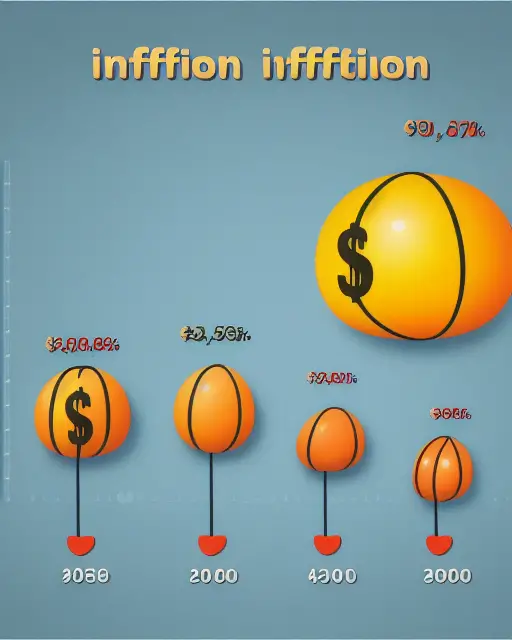Inflation is a persistent increase in the general price level of goods and services in an economy over time. It has been a persistent issue throughout history, and its impact on the economy and society is immense. One factor that has been suggested to influence inflation is religion. Religion, being a vital part of society and culture, can impact economic systems, including inflation. This article provides a historical analysis of the relationship between religion and inflation, examining the role of religion in contributing to or mitigating inflation.
The Role of Religion in Economic Inflation
Religion can influence economic systems in various ways, including the rate of inflation. Religion can influence the consumer behavior of individuals, which, in turn, impacts inflation. Religious practices such as fasting, abstinence, and charity can affect consumer spending, leading to a decrease in demand for goods and services, thus contributing to lower inflation rates. On the other hand, some religious beliefs may lead to higher consumption of certain goods, such as religious artifacts, leading to an increase in demand and contributing to higher inflation rates.
Moreover, religion can impact the government’s economic policies, which can impact inflation rates. In some religious societies, religious leaders have significant influence over the government, and their beliefs and values can shape the government’s economic policies. These policies may promote economic growth and stability, thus mitigating inflation. In contrast, some religious beliefs may lead to policies that promote inflation, such as excessive government spending on religious institutions.
A Historical Perspective on the Relationship between Religion and Inflation
Throughout history, religion has influenced inflation rates in various ways. For instance, in the medieval period, the Catholic Church played a significant role in shaping the economy, including inflation rates. The church’s beliefs and practices, such as the concept of usury, influenced economic policies that impacted inflation rates. In the 16th century, the Reformation movement led to the emergence of new religious institutions, which impacted inflation rates in different ways.
In modern times, contemporary religious movements have also had an impact on inflation. For instance, the Islamic economic system, based on Sharia law, has influenced the economy of Islamic countries, including inflation rates. The Islamic economic system’s emphasis on social justice, charity, and economic stability has contributed to lower inflation rates in some Islamic countries. In contrast, the prosperity gospel movement, which promotes material prosperity, has been associated with consumerism and increased demand for goods, contributing to higher inflation rates.
In conclusion, religion has played a significant role in shaping economic systems and influencing inflation rates throughout history. While some religious practices and beliefs may contribute to lower inflation rates, others may lead to higher inflation rates. Therefore, it is essential to understand the impact of religion on economic systems to develop policies that promote economic growth and stability while mitigating inflation rates.


